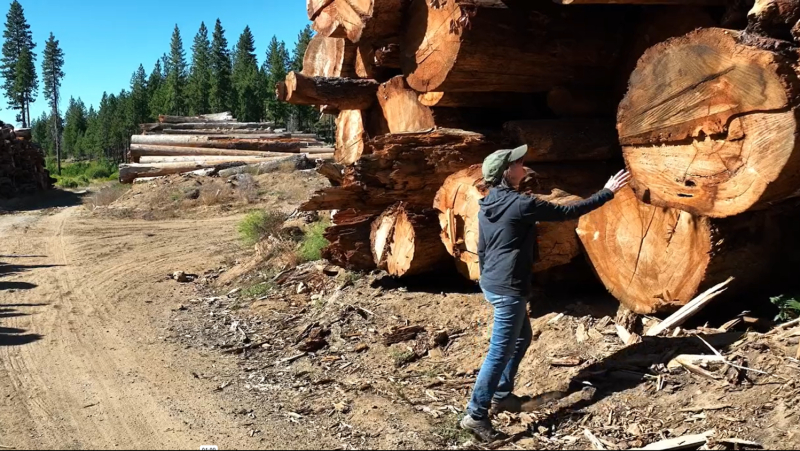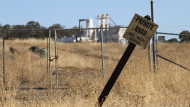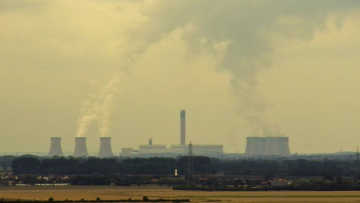Golden State Natural Resources (GSNR) cancels controversial wood pellet plant Plans in California

The success
On June 25, Golden State Natural Resources (GSNR) announced the cancellation of its plans to build two industrial-scale wood pellet plants: one in Tuolumne County in the central Sierra Nevada and another in Lassen County, as well as a proposed pellet storage and export terminal in Stockton, California, for overseas energy production by Drax.
BankTrack's role
BankTrack worked in cooperation with a coalition of grassroots, national, and international environmental groups to amplify their voices of resistance to help expose the serious risks and impacts of the project through a Dodgy Deal profile, jointly authored with Biofuelwatch.
In a significant victory for California’s forests, climate, and local residents, Golden State Natural Resources (GSNR) announced the cancellation of its plans to build two industrial-scale wood pellet plants: one in Tuolumne County in the central Sierra Nevada and another in Lassen County, as well as a proposed pellet storage and export terminal in Stockton, California, for overseas energy production by Drax.
This decision follows relentless opposition from a broad coalition of grassroots, national, and international environmental groups, alongside tens of thousands of concerned Californians. Over 50,000 public comments opposing the project were submitted during the California Environmental Quality Act (CEQA) review process, underscoring widespread community resistance.
At a recent GSNR board meeting, company leadership cited two primary reasons for the reversal: the overwhelming public input opposing the project, and weakened biomass market conditions following policy shifts away from subsidies.
The shelved wood pellet plants were set to produce approximately one million tonnes of pellets annually for export to Europe and Asia, where they would be burned as “renewable” energy. However, scientific and community voices alike have repeatedly challenged the environmental credentials of burning high-carbon wood pellets, highlighting risks of forest degradation, biodiversity loss, increased wildfire threats, and harmful air pollution impacting vulnerable, often marginalised communities near proposed sites.
GSNR’s board voted to pivot toward producing wood chips for domestic markets instead, a move that also carries significant risks and impacts. This shift will require a renewed environmental review and public consultation process, which the coalition will closely monitor and actively engage in.


